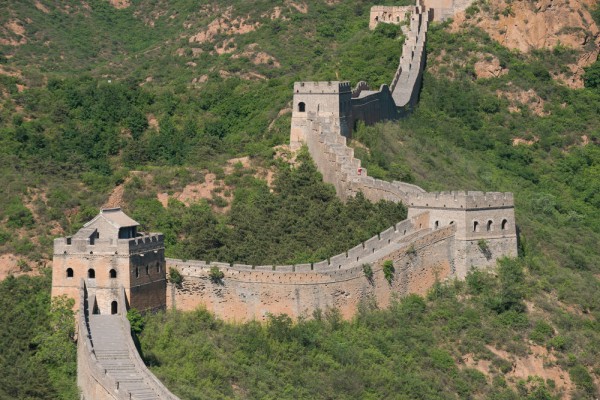
China has stepped up its tough stance on foreign technology suppliers with reports it has banned government purchases of Apple products.
Apple has so far declined to comment on reports that China’s government has banned its agencies from buying Apple products including iPad, iPad Mini, MacBook Air and MacBook Pro.
But a report by Bloomberg claimed China’s government had excluded Apple's devices from the list of products that can be bought with public money because of security concerns, citing government officials as the source.
It was also recently reported that China had banned its government agencies from buying Windows 8 and clamped down on the purchase of antivirus software from Symantec and Kaspersky Lab, although both security companies have previously denied the ban.
According to Kaspersky, the list of approved suppliers only applies to federal institutions funded by the central budget and does not include regional governments or large enterprises.
The company said there "is no evidence that Kaspersky Lab products have been banned by the Chinese government as has been reported by some media outlets".
Noah Edwardsen, spokesman for Symantec, told BetaNews: "Symantec is aware of media reports about the company not being on a Chinese government procurement agency list of antivirus suppliers. It is important to note that this list is only for certain types of procurement and Symantec products are not banned by the Chinese government. We are investigating these reports and will continue to bid for and win government projects in China".
"Symantec has been active in China for more than 15 years, with nine different offices across the country. We are committed to the local government and Chinese customers, and have invested significantly in the country by expanding our product development and offerings".
In June, a state-backed news report broadcast on China's CCTV branded the Windows 8 operating system a threat to China's cybersecurity, and suggested it was being used to spy on Chinese citizens. It was also reported that a Chinese regulator was conducting an anti-monopoly investigation into Microsoft over Windows.
According to experts, when the government stops the procurement of products, it sends a signal to corporates and semi-government bodies.
Mark Po, an analyst with UOB Kay Hian in Hong Kong, told Bloomberg news: "The Chinese government wants to make sure that overseas companies shouldn’t have too much influence in China".
Image Credit: Nutexzles / Shutterstock

